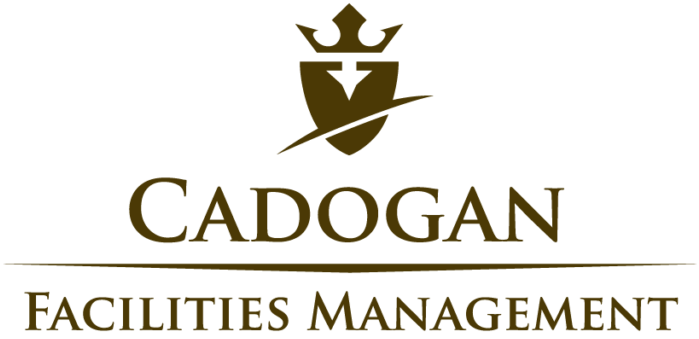Building Management 101: Essential Practices for Success

Building management is a multifaceted field requiring a blend of technical knowledge, interpersonal skills, and strategic thinking. Whether managing a commercial property, a residential complex, or a mixed-use development, these essential practices will help ensure success.
1. Understanding the Building’s Infrastructure
The foundation of effective building management is a thorough understanding of the building’s infrastructure. This includes the HVAC systems, plumbing, electrical systems, elevators, and any specialized equipment. Regular inspections and maintenance of these systems are crucial to prevent breakdowns and ensure smooth operations.
2. Implementing Preventive Maintenance
Preventive maintenance is key to prolonging the life of building components and avoiding costly emergency repairs. Create a detailed maintenance schedule that covers all critical systems and adhere to it rigorously. This proactive approach not only saves money but also ensures the safety and comfort of the building’s occupants.
3. Ensuring Safety and Security
A secure building is a well-managed building. Implement comprehensive safety protocols, including regular fire drills, evacuation plans, and security measures such as surveillance cameras and access control systems. Training staff and occupants on these protocols is equally important to ensure everyone knows what to do in case of an emergency.
4. Sustainability and Energy Efficiency
Sustainability is no longer optional; it’s a necessity. Implementing green practices such as energy-efficient lighting, water-saving fixtures, and waste reduction programs can significantly reduce operating costs and environmental impact. Additionally, pursuing certifications like LEED can enhance the building’s value and appeal to eco-conscious tenants.
5. Effective Communication
Clear and effective communication with tenants, staff, and contractors is essential. Regular updates on maintenance schedules, upcoming projects, and any disruptions help manage expectations and build trust. A communication plan should include emails, newsletters, and an online portal where occupants can report issues and receive timely responses.
6. Financial Management
A successful building manager must have strong financial acumen. This includes budgeting, forecasting, and managing expenses. Regular financial reports and audits ensure transparency and help identify areas for cost savings. Additionally, understanding lease agreements and rent collection processes is vital for maintaining steady revenue.
7. Tenant Relations
Happy tenants are long-term tenants. Building managers should strive to foster a positive community atmosphere and address tenant concerns promptly. Regular events, feedback surveys, and an open-door policy can help build a strong relationship with tenants and improve retention rates.
8. Vendor and Contractor Management
Managing relationships with vendors and contractors is critical for seamless building operations. This involves negotiating contracts, ensuring compliance with service level agreements, and monitoring performance. Regular meetings and performance reviews can help maintain high standards and address any issues promptly.
9. Compliance and Legal Issues
Staying compliant with local regulations, building codes, and health and safety laws is a non-negotiable responsibility of a building management company in Auckland. Regularly reviewing compliance requirements and staying updated with changes in legislation can prevent legal issues and potential fines.
10. Technological Integration
Leveraging technology can streamline building management processes. Property management software, automated systems, and smart building technologies can enhance efficiency, reduce manual errors, and provide valuable data insights. Investing in the right technology can significantly improve operational effectiveness.
11. Emergency Preparedness
Being prepared for emergencies is a critical component of building management. Develop and regularly update an emergency preparedness plan that covers natural disasters, power outages, and other potential crises. Conduct regular drills and ensure all occupants are familiar with emergency procedures.
12. Continuous Improvement
Building management is an evolving field. Stay updated with industry trends, attend professional development courses, and continually seek ways to improve. Networking with other building managers and joining professional associations can provide valuable insights and opportunities for growth.
Conclusion
Effective building management is about creating a safe, efficient, and pleasant environment for occupants. By adhering to these essential practices, building managers can ensure smooth operations, enhance tenant satisfaction, and ultimately, achieve success in their role.
